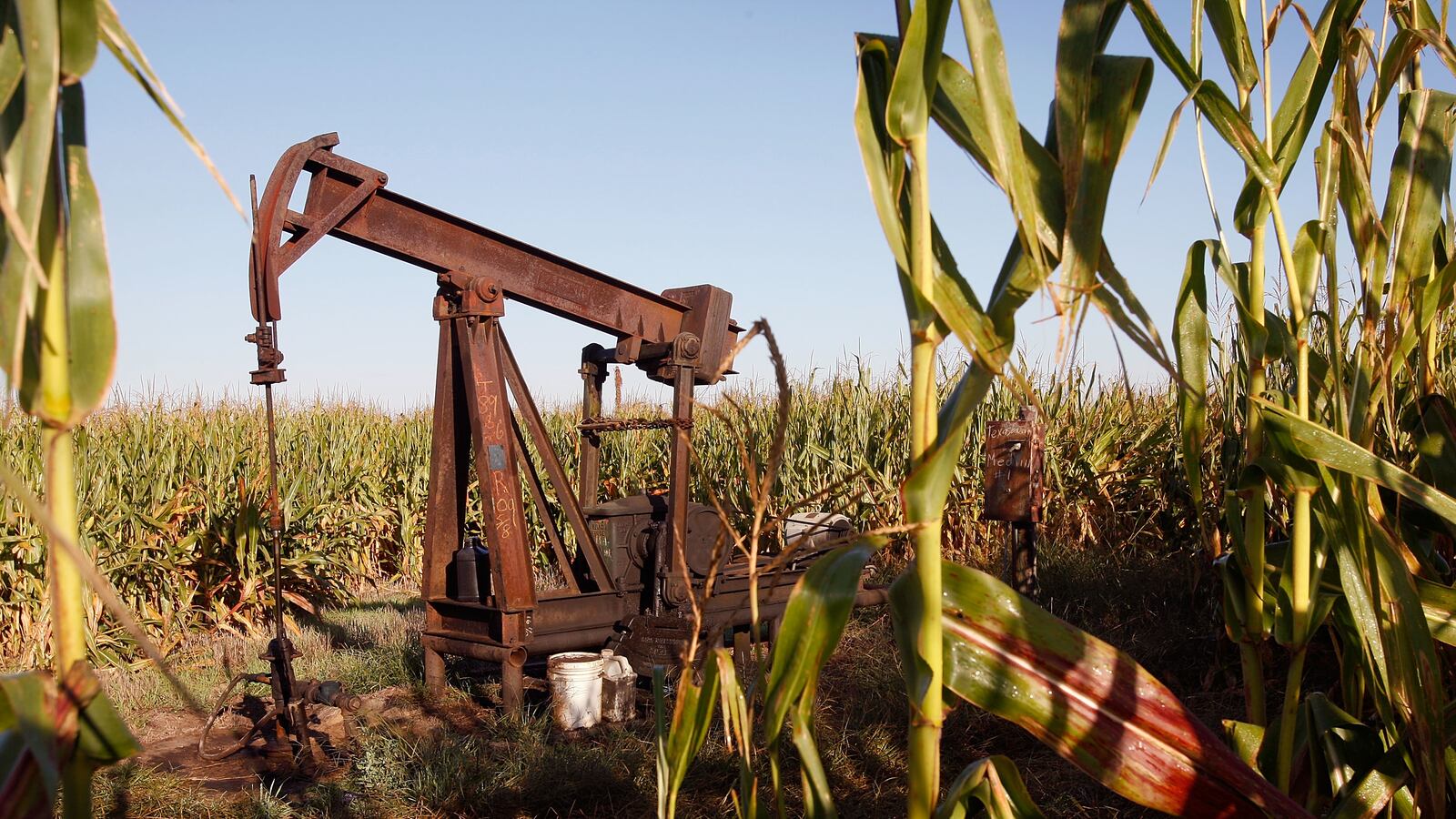My CNN column urges people to move to a new mindset when it comes to "peak oil."
Remember "peak oil"?
Five years ago, some oil market speculators became convinced that the world was nearing the limits of oil production. Sometime soon -- the 2010s? the 2020s? -- oil production would begin a long steady decline.
Think again. World oil production continues to rise. Leading the oil renaissance: the United States. The International Energy Agency predicts that the United States will overtake Saudi Arabia and Russia to become (again!) the world's leading oil producer by 2017. If the agency's estimates prove correct, the United States and Canada together will become net energy exporters by about 2030, and the U.S., which uses 20% of the world's energy, will achieve energy self-sufficiency by the mid-2030s.
Predictions that the world would imminently "run out of oil" have been worrying oil consumers since at least the 1920s. They always prove wrong, for reasons explained by the great oil economist M.A. Adelman after the last "oil shortage" in the 1970s:
Oil reserves, Adelman writes, "are no gift of nature. They (are) a growth of knowledge, paid for by heavy investment."
For all practical purposes, the world's supply of oil is not finite. It is more like a supermarket's supply of canned tomatoes. At any given moment, there may be a dozen cases in the store, but that inventory is constantly being replenished with the money the customers pay for the cans they remove, and the more tomatoes that customers buy, the bigger an inventory the store will carry.
Someday, of course, consumers will decide they want less oil at the current price. Someday we may move beyond oil altogether. When that day comes, the investment will stop -- and nobody will ever know or care how much oil remains in the ground.
Adelman's assessment is being corroborated once more, this time in Mexico. Mexican oil production has been declining over the past decade, mostly because of under-investment and mismanagement by the state oil monopoly, Pemex. (On January 31, a deadly tragedy reminded the world of Pemex's troubles when a methane leak in a Pemex building in downtown Mexico City exploded, killing more than 30 people and injuring 120 others.)
In October, Pemex announced discovery of a big new field in the Gulf of Mexico. Newly elected Mexican President Enrique Pena Nieto is urging his country to amend its constitution to allow foreign investment in Mexican oil fields. Experts assess that opening the Mexican oil industry to global investment will revive Mexican oil production and boost Mexico's economic growth by potentially 2 points a year. Nieto's PRI party -- the very party that nationalized Mexican oil 80 years ago -- is expected to vote this weekend to approve the new policy.






